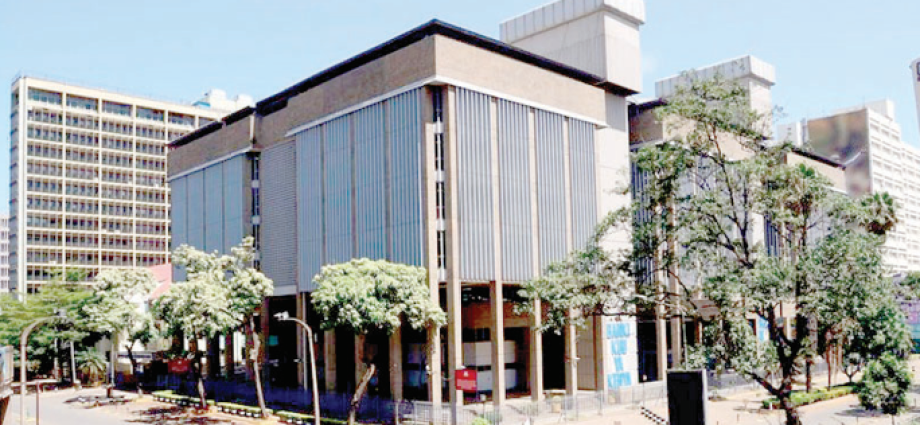Pending Bills and Domestic Borrowing Stymie Kenya’s Economic Growth

Government Spending Priorities Under Scrutiny
Kenya’s economic growth faces significant hurdles as unpaid government bills and increasing domestic borrowing strain financial markets, limiting access to affordable credit for businesses and citizens alike.
Sh660 Billion in Pending Bills Cripple Businesses
Central Bank of Kenya (CBK) Governor Kamau Thugge revealed that pending bills owed by national and county governments have reached Sh660 billion this year. These unpaid obligations have forced many local businesses into default on their bank loans, contributing to Kenya’s high non-performing loan (NPL) rate of 16.5 percent.
“We have the issue of pending bills both at the county and national levels,” Thugge stated during a parliamentary meeting. “These bills are owed to businesses which took loans to facilitate the process. If the government continues defaulting, they won’t be able to access loans, limiting cash supply to the economy.”
Credit Access Challenges Persist
Despite implementing a Risk-Based Credit Pricing (RBCP) framework, banks have struggled to significantly lower interest rates. Thugge warned that continued government defaults would further restrict loan access, reduce economic cash flow, and threaten overall financial stability.
The National Treasury has reviewed Sh246 billion in pending bills through a special task force, while Cabinet Secretary John Mbadi reported that Sh474 billion has undergone analysis.
Domestic Borrowing Crowds Out Private Sector
Kenya’s growing domestic debt, now at Sh5.93 trillion of the total Sh11.2 trillion debt stock, presents another challenge to economic expansion:
- Treasury bonds: Sh4.93 trillion (83.3% of domestic debt)
- Treasury bills: Sh0.86 trillion (14.4%)
- Other domestic debt: Sh0.14 trillion (2.3%)
“Banks prefer lending to the government due to lower default risk,” Thugge explained. “This preference limits cash circulation despite numerous liquidity interventions, keeping business borrowing costs high.”
Government Defends Borrowing Strategy
CS Mbadi recently defended the domestic borrowing approach, noting that interest rates reflect strong investor demand for government securities. He also revealed expected external support, including:
- Sh200 million from the African Development Bank (AfDB)
- Sh750 million Development Policy Operation facility from Rwanda’s bank
While commercial borrowing remains budgeted, the government has prioritized domestic borrowing to meet its financial needs.
Source: People Daily Digital
“`


